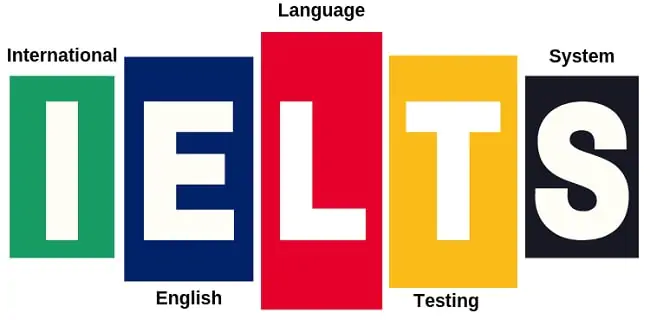Language proficiency tests like IELTS (International English Language Testing System), TOEFL (Test of English as a Foreign Language), or other migration-related exams are crucial for those looking to study, work, or settle abroad. Achieving a good score can open doors to visas, university admissions, or job opportunities. Preparing effectively for these tests requires a clear strategy, dedication, and the right resources. Here’s a comprehensive guide to help you succeed.
1. Understand the Test Format
Each language test has its own structure and scoring system. Familiarizing yourself with these aspects is the first step:
- IELTS: Divided into four sections – Listening, Reading, Writing, and Speaking. It offers two types: Academic (for study purposes) and General Training (for work and migration).
- TOEFL: Internet-based (TOEFL iBT) with sections for Reading, Listening, Speaking, and Writing. Commonly required for academic purposes but also used for migration.
- Other Tests: Check specific language tests like PTE (Pearson Test of English) or CELPIP (Canadian English Language Proficiency Index Program) for migration to Canada.
Review sample questions and scoring criteria on the official test websites to understand expectations.
2. Assess Your Current Level
Before diving into preparation, assess your current proficiency level. You can do this through:
- Online mock tests or sample questions from official websites.
- Apps and language learning platforms like Duolingo or Babbel.
- Feedback from a language teacher or tutor.
Understanding your strengths and weaknesses will help you create a focused study plan.
3. Develop a Study Plan
A well-structured study plan is essential for consistent improvement. Here’s how to create one:
- Set Goals: Determine your target score based on your migration or study requirements.
- Allocate Time: Dedicate at least 2-3 hours daily for practice. Break this time into sections for reading, listening, writing, and speaking.
- Focus on Weak Areas: Spend extra time improving areas where you score lower in mock tests.
4. Practice Regularly with Authentic Materials
Use reliable resources for your preparation:
- Official Test Materials: IELTS and TOEFL websites provide free practice tests, sample questions, and preparation tips.
- Books and Guides: Purchase or borrow test preparation books like “The Official Guide to the TOEFL iBT” or “Cambridge IELTS Practice Tests.”
- Online Resources: Platforms like YouTube offer tutorials and strategies for each section.
5. Hone Your Skills for Each Section
- Listening: Practice listening to a variety of accents through podcasts, news broadcasts, and audiobooks. Focus on understanding the main ideas and details.
- Reading: Improve your reading speed and comprehension by practicing with academic articles, news websites, and test passages. Learn to identify keywords and answer efficiently.
- Writing: Practice writing essays or letters. Focus on grammar, vocabulary, and coherence. Use tools like Grammarly to identify errors.
- Speaking: Record yourself speaking on common topics. Practice fluency and pronunciation by speaking with a tutor or language partner.
6. Take Mock Tests
Simulate test conditions by timing yourself during mock tests. Evaluate your performance to identify areas of improvement. This helps reduce anxiety and builds confidence for the actual test.
7. Prepare for Test Day
- Understand Instructions: Read the test day guidelines on the official website.
- Get Familiar with the Venue: If it’s an in-person test, visit the test center beforehand to avoid last-minute stress.
- Stay Calm: Ensure you sleep well, eat a healthy meal, and arrive early on test day.
Conclusion
Preparation for IELTS, TOEFL, or any language test requires consistent effort and smart strategies. By understanding the test format, practicing regularly, and focusing on your weaknesses, you can achieve the scores needed to meet your migration goals. Remember, preparation is key, so start early, stay focused, and approach the test with confidence!


